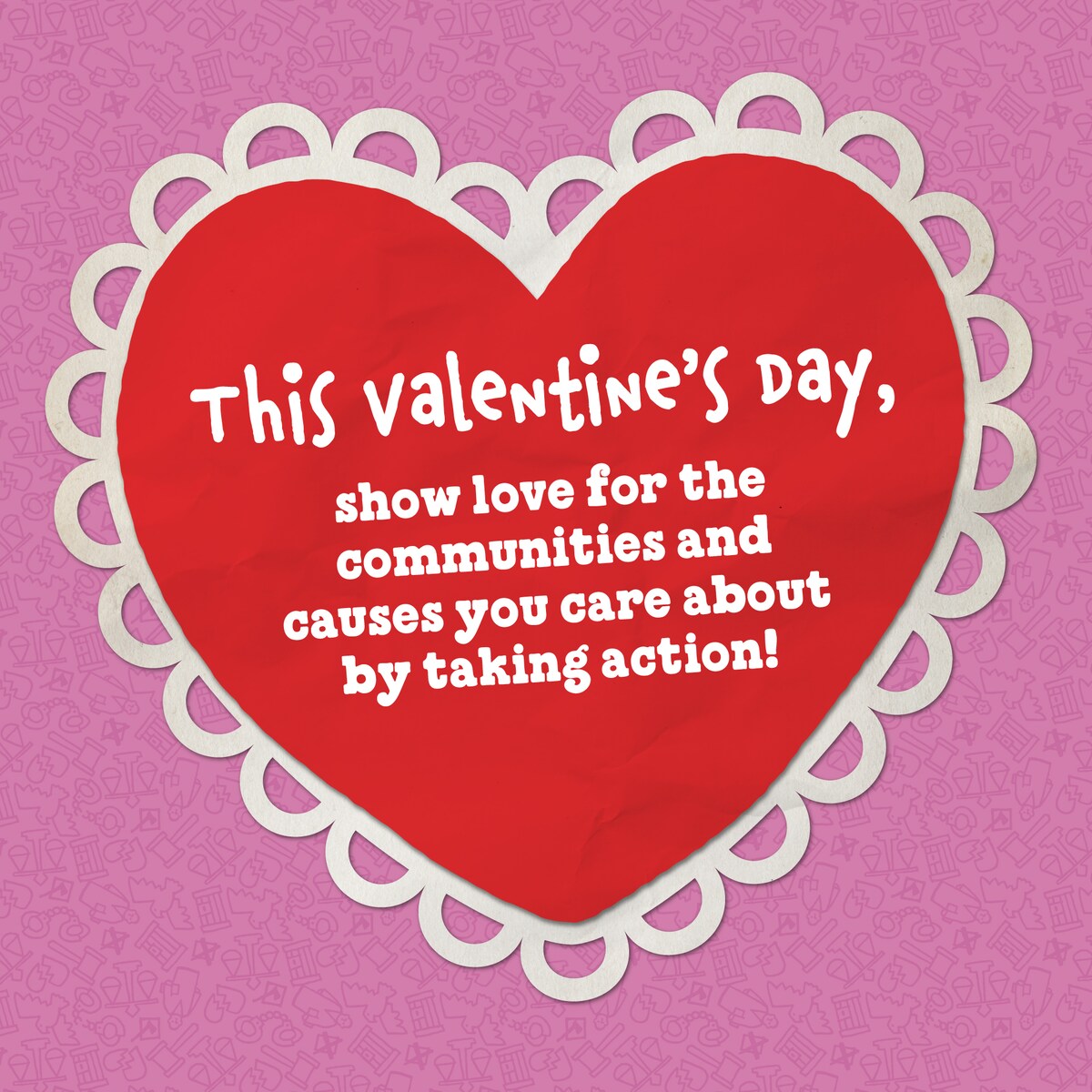It’s Time to Work Together
We’ve been talking and thinking about racial justice a lot recently. As a predominately white company in a predominately white state, we have a lot to learn on this issue, which is why everything we share with you comes from our own learning journey. A lot of these conversations are difficult and uncomfortable. But it’s worth it. Because the only way we can make progress, as individuals or a society, is by doing the work.
Racism doesn’t just hurt communities of color; it hurts all of us. And just like a rising tide lifts all boats, working to end racism benefits everyone.
Let’s Make a New World
Despite much talk of a post-racial society, racism never went away. It’s important to recognize that. Systemic racism is embedded in our workplaces, schools, hospitals, and criminal justice system in ways that many of us may not even notice. And while the impacts of policies and attitudes that perpetuate this system are felt disproportionately by communities of color, they actually make everyone’s lives worse.
That’s the bad news. The good news is that we’re all connected—so the solutions we find will benefit every community. But don’t take our word for it! Fifty years ago, Martin Luther King, Jr., spoke of how the issues of war, racism, and poverty were linked. He called for “an all-embracing and unconditional love for all mankind” to combat the ills we faced. Today, our good friend Rev. William Barber has revived the “Poor People’s Campaign” that MLK started and is looking to unite Americans in the fight for things like economic opportunity, criminal justice reform, and voting rights.
We can’t think of a better time to take a look at some of the ways in which the struggle for racial justice will make everyone’s lives better.
-
Voting Rights
There’s no doubt that democracy works best when it works for everyone. So then why are there so many leaders in this country doing all they can to make it really hard for us to vote? (Hint: they care more about power than they do democracy.) Yes, it’s absolutely true that voter-suppression laws specifically target communities of color, but college students, the elderly, and the poor of all races are affected as well. And sadly, the disenfranchisement doesn’t stop there. Many states also make it difficult or impossible for former felons to vote. (Former felons can also be barred from serving on a jury, buying a house, getting a job, and much else.) Desmond Meade, the director of the Florida Rights Restoration Coalition (FRRC), tells us that while the African American community is hit hardest, only a third of the nearly 1.7 million former felons in Florida who can’t vote are black. So this is a problem that clearly affects everyone, and indeed, the entire country suffers when the voices of so many aren’t heard. If we want every citizen to be able to participate fully in our democracy and economy, then we need to restore the Voting Rights Act (VRA), remove all barriers to voting today, and insist on everyone’s right to a second chance.
-
Economic Inequality
While blacks and Hispanics experience higher rates of poverty, working-class whites are the biggest beneficiaries of federal economic-assistance programs. There has been a narrative promoted in some circles for years that so-called “welfare” only benefits communities of color, but the truth is that in 2014, for example, government assistance lifted 6.2 million whites out of poverty, more than any other group. While these programs obviously make a big difference in communities of color, their effect is felt far and wide. Recent research also indicates that efforts to address our economy’s structural racism would have a huge positive impact on the country. If the pay gap among racial groups were eliminated, for example, the US could be 14% richer overall. Interesting! But is there any real-life evidence that this could happen? Actually, history has shown that when African Americans make economic gains (such as during the Civil Rights era and the booming economy of the 1990s), everyone (whites included) benefits. Turns out that fighting racism helps the entire country prosper.
-
Education
Segregation. Wasn’t that addressed back in the ‘50s? Well, not exactly. Segregation still exists in our schools—in fact, it’s way more common than most people think. Just look at the shocking funding disparities between wealthy, predominantly white school districts and poor, predominantly black school districts. It goes without saying that segregation has negative consequences for students and communities, but some researches have started studying the other side of that equation: the benefits of integration. There’s a growing recognition that experiencing diversity makes kids work harder and smarter, while contributing at the same time to an increase in diversity and a decrease in prejudice. Not only that, but students in integrated classrooms tend to achieve higher test scores and are more likely to enroll in college. Racial achievement gaps close and students emerge from school more prepared to participate in an increasingly diverse and globalized economy.
-
Criminal Justice
America jails African Americans and Hispanics at rates far exceeding whites. It’s a biased and unfair system of mass incarceration and social control that Michelle Alexander has taken to calling the New Jim Crow. Chronicling racism in the criminal justice system could fill volumes, but it’s also important to highlight how the poor, regardless of race, are mistreated by that same system. Consider “driving while poor,” how fees and fines wind up essentially criminalizing poverty. Or how the bail system keeps people in jail not because they’re guilty, but because they can’t afford to pay bail. Or how the absurdly high cost of calling inmates has forced some families to choose between paying rent or buying groceries and keeping in touch with loved ones in prison.
We all agree that every single person in America deserves to have their voice heard, make a living wage, go to a good school, and be treated fairly by the criminal justice system, right? As Rev. Barber says, “When you deal with race from systemic perspectives and examine disparities, you can show how policies that hurt black people end up hurting us all.”
But when we deal with race that way, something else happens too. We begin to recognize how our work to end racism can bring healing to everyone.
Sweeten Up Your Inbox!
Subscribe Now And We'll Make Sure You Get The Inside Scoop On Ben & Jerry's Fun And Flavors! It's Like Dessert For Your Inbox, And You're Going To Want Seconds.


